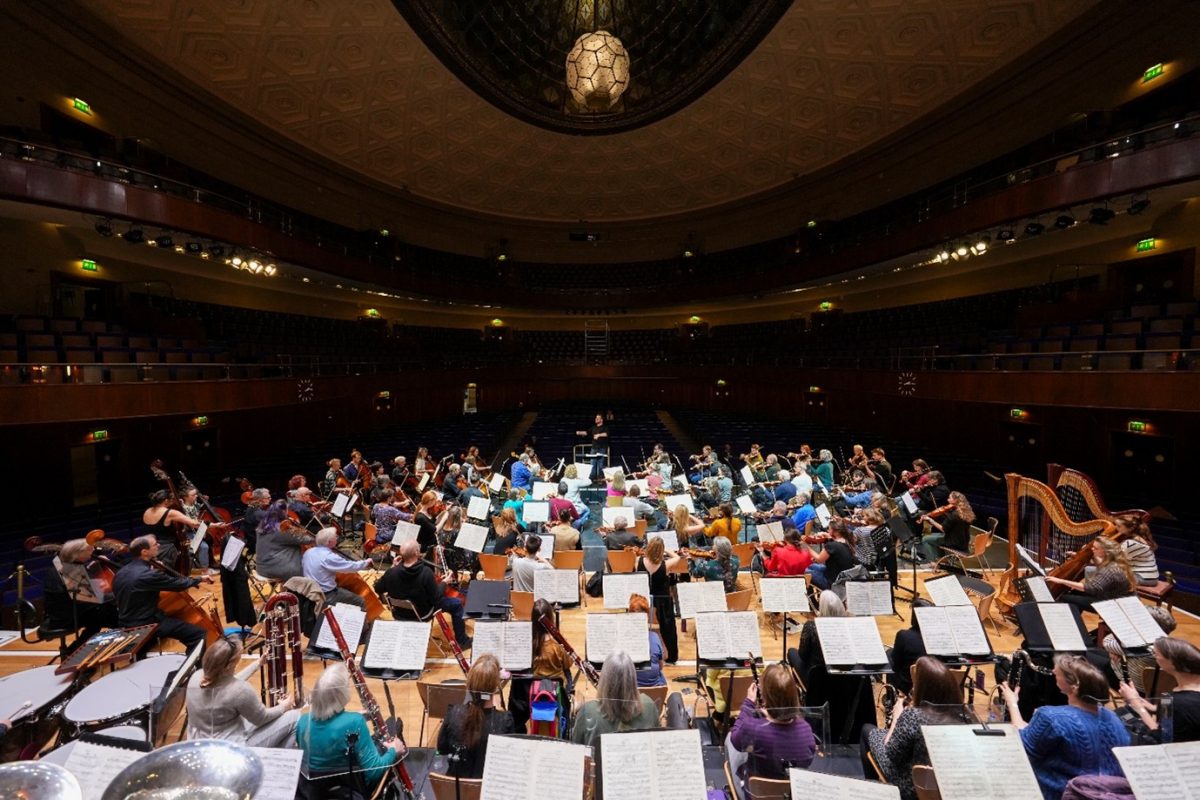The Sheffield Philharmonic Orchestra is delighted to announce its 79th Annual Concert Season! We are thrilled to present an exciting and diverse lineup of performances for the 2024-25 season. Here’s what we have in store:

 Concert 1: Clara, Gustav, and the Chevalier
Concert 1: Clara, Gustav, and the Chevalier
Venue: Victoria Hall, Sheffield, S1 2JB
Conductor: George Morton
Soprano: Ella Taylor
Join us for a night of exquisite music featuring the works of Clara Schumann, Mahler, and Joseph Bologne, the Chevalier de Saint-Georges. The highlights of this concert will be a world premier arrangement of Clara Schuman’s 6 Lieder, showcasing the incredible voice of Ella Taylor, who will return to the stage for the second half of the concert as the Mahler 4 Angel.
 Concert 2: Christmas with the Sheffield Philharmonic Orchestra
Concert 2: Christmas with the Sheffield Philharmonic Orchestra
Venue: Victoria Hall, Sheffield, S1 2JB
Guest Conductor: Helen Harrison
We’ll be getting into the festive spirit, as usual, with our annual family Christmas concert. This heartwarming event is perfect for all ages and features a variety of seasonal favourites. This year we will be joined by Guest Conductor, Helen Harrison.



